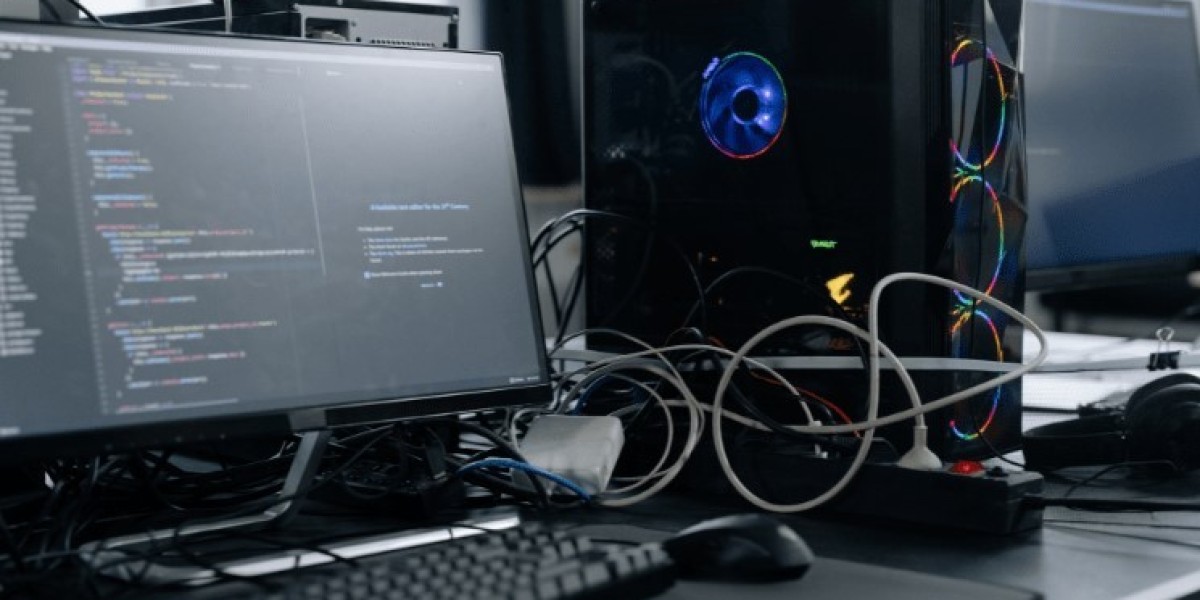In the evolving agricultural and biotech industries, protecting innovation is more critical than ever. As plant breeders invest substantial resources into developing new plant varieties, securing their intellectual property (IP) becomes essential. This is where artificial intelligence (AI) is revolutionizing the field by offering innovative tools that safeguard plant intellectual property security with unmatched precision and efficiency.
One standout example of this transformation is SC Solutions’ Botanic Analyzer, an advanced AI-powered system designed to automate and enhance plant variety identification. Through the integration of AI and machine learning for plant trait analysis, the Botanic Analyzer delivers cutting-edge support in securing intellectual property rights, improving data accuracy, and reducing environmental impact.
The Need for Stronger Plant IP Protection
Plant breeders face numerous challenges in asserting ownership over newly developed varieties. Traditional methods of plant identification often rely on time-consuming, manual processes that are subject to human error and inconsistencies. These methods can result in disputes over rights, unintentional IP infringement, and loss of revenue due to unauthorized propagation.
Furthermore, as the market for genetically unique plant varieties expands, the demand for precise, scalable identification systems grows. AI plays a crucial role here by making identification more efficient, accurate, and reliable.
AI-Powered Precision in Variety Identification
At the heart of AI’s contribution is its ability to analyze complex datasets and recognize subtle patterns in plant traits. The Botanic Analyzer, for instance, boasts 81% precision in variety identification, making it a powerful tool for breeders and agricultural companies. This level of accuracy significantly reduces the risk of IP infringement and enhances trust in variety authentication.
By leveraging machine learning for plant trait analysis, AI systems can identify distinctive phenotypic characteristics across thousands of plant images and genetic profiles. Over time, the system refines its identification capabilities, becoming increasingly accurate and adaptable to diverse species and environmental conditions.
Economic and Environmental Benefits
In addition to improving accuracy, AI-driven tools offer tangible economic advantages. According to SC Solutions, the Botanic Analyzer delivers 3.5x more accurate data insights, allowing businesses to make better-informed decisions regarding breeding, commercialization, and licensing. This increase in data accuracy translates directly into revenue protection by minimizing losses from unlicensed propagation and maximizing return on innovation.
Moreover, the environmental impact of crop development and propagation is significantly reduced. By optimizing the breeding and selection process through AI, SC Solutions reports a 79% reduction in environmental impact and a 30% decrease in resource usage, including water, fertilizers, and energy.
Scalability and Future Potential
One of the most promising aspects of AI in this context is its scalability. As global agriculture continues to adopt digital technologies, AI systems can scale to meet growing demands. Whether it's small-scale breeders or large agribusinesses, AI-powered platforms like the Botanic Analyzer provide a flexible and robust solution that ensures plant intellectual property security at all levels.
The continuous development of AI models also opens the door for future advancements. Integrating geospatial data, climate models, and real-time sensor inputs can further enhance trait analysis and identification accuracy, making AI an indispensable part of the agricultural innovation ecosystem.
Conclusion
AI is not just a technological advancement; it’s a critical ally in the protection and management of plant intellectual property. With tools like SC Solutions’ Botanic Analyzer, stakeholders can ensure accurate identification, safeguard their investments, and contribute to a more sustainable agricultural future. As the industry embraces machine learning for plant trait analysis, the future of plant intellectual property security looks smarter, safer, and more sustainable.







